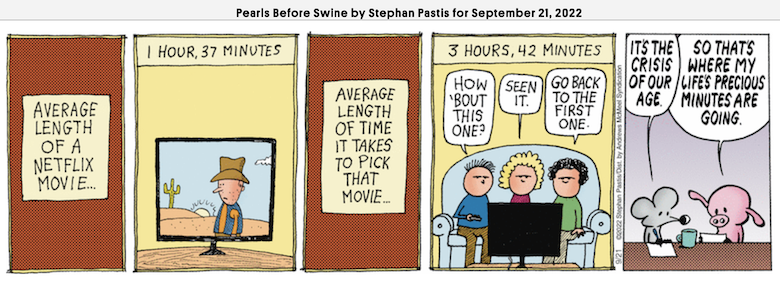50 years ago, Sesame Street showed this clip of Kermit the Frog and a little girl named Joey singing the alphabet song, with Joey goofing it up. What is amazing is that though Joey could see Jim Henson crouched down below the camera level and manipulating and voicing Kermit, the power of his performance is so great that you can see that Joey interacts with Kermit as if he is an autonomous agent.
I have seen Jim Henson and Frank Oz being interviewed on talk shows and talking through their characters and even adult interviewers seem to get caught up in the magic and talk with the muppets and not the humans behind them.
.
I loved watching Sesame Street with my children and especially enjoyed the segments with Muppets which were often hilarious. This particular one has become iconic and is absolutely adorable.

